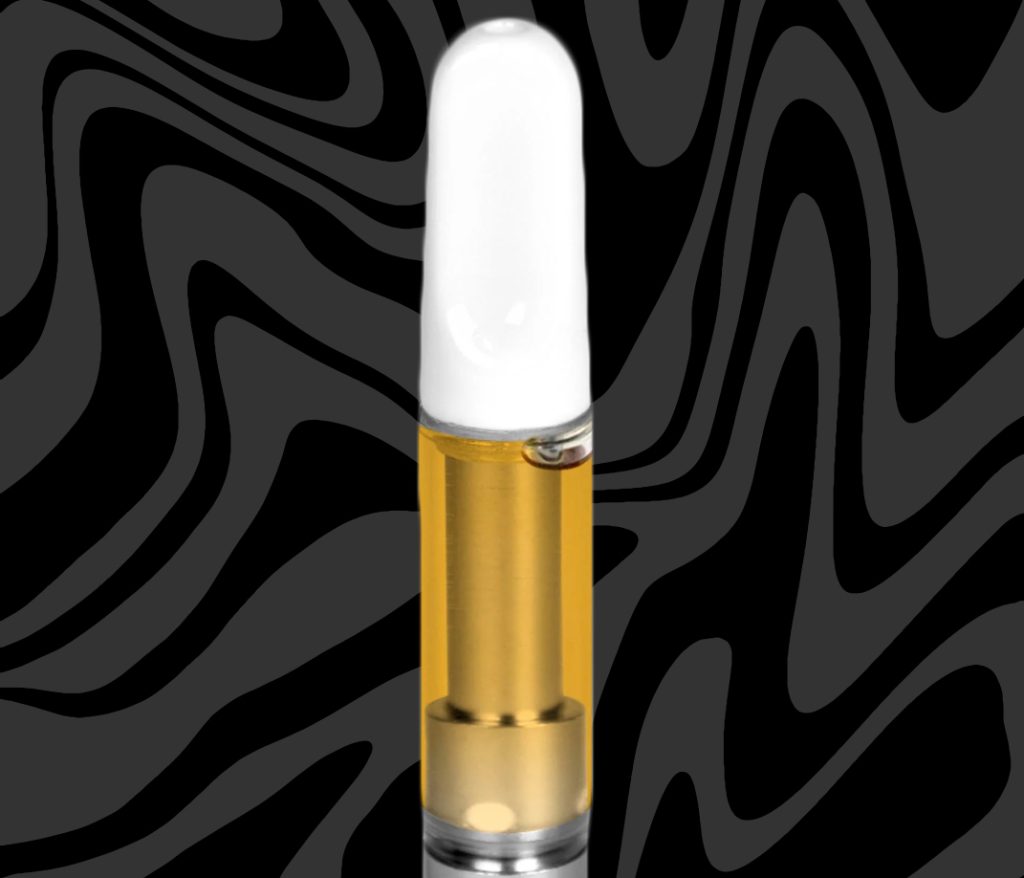Delta 8 disposable vape pens have garnered attention not only for their effects but also for their environmental impact. These products, gaining popularity in the cannabis market, raise significant concerns about their eco-friendliness. Disposable vape pens, including those infused with Delta 8 THC, contribute to environmental issues primarily due to their construction and disposal challenges. Firstly, the materials used in Delta 8 disposable vape pens often include plastics and metals. These materials are not easily biodegradable and can persist in the environment for extended periods. Many vape pens are designed for single-use, which means after they are used up; they are discarded, adding to plastic waste accumulation. The environmental impact worsens when these devices are not recycled properly, ending up in landfills or even polluting natural habitats. Moreover, the production of Delta 8 vape pens involves energy-intensive processes. Manufacturing these devices requires resources such as metals, plastics, and batteries, all of which contribute to carbon emissions and resource depletion. As the demand for Delta 8 products rises, so does the production, exacerbating these environmental concerns unless manufacturers adopt sustainable practices and materials.

Disposal of Delta 8 disposable vape pens presents another challenge. Due to the presence of lithium-ion batteries and plastic components, improper disposal can lead to hazardous waste concerns. Batteries, if not recycled correctly, can leak harmful chemicals into soil and water sources, posing risks to ecosystems and human health. This issue underscores the importance of proper recycling infrastructure and consumer education on safe disposal practices. Despite these environmental drawbacks, some efforts are being made to mitigate the impact of Delta 8 vape pens. Some manufacturers are exploring biodegradable materials for vape pen casings and packaging, aiming to reduce plastic waste. Additionally, there is growing advocacy for recycling programs that target vape pens specifically, encouraging users to return used devices for safe disposal and recycling. On the regulatory front, the cannabis industry faces evolving standards regarding product sustainability and environmental impact. Some jurisdictions are implementing regulations that require cannabis companies to adhere to specific environmental practices, from production to disposal. These regulations aim to reduce the carbon footprint of cannabis products, including Delta 8 vape pens, by promoting sustainable sourcing and manufacturing processes.
Consumer awareness also plays a crucial role in addressing the environmental impact of Delta 8 disposable vape pens. Educating users about the importance of recycling and choosing products from manufacturers committed to sustainability can drive positive change. By opting for reusable vape pens or those made from recyclable materials, consumers can minimize their contribution to plastic waste and support environmentally responsible practices in the cannabis industry. In conclusion, while Delta 8 disposable vape pens offer convenience and effects desired by users, they pose significant environmental challenges. From their plastic and metal composition to the risks associated with battery disposal, these products contribute to pollution and resource depletion. Addressing these challenges requires collaborative efforts among manufacturers, regulators, and consumers to promote sustainable practices and reduce the environmental footprint of d8 disposbale vape pens. Through innovation, regulation, and informed consumer choices, strides can be made toward a more eco-friendly cannabis industry.